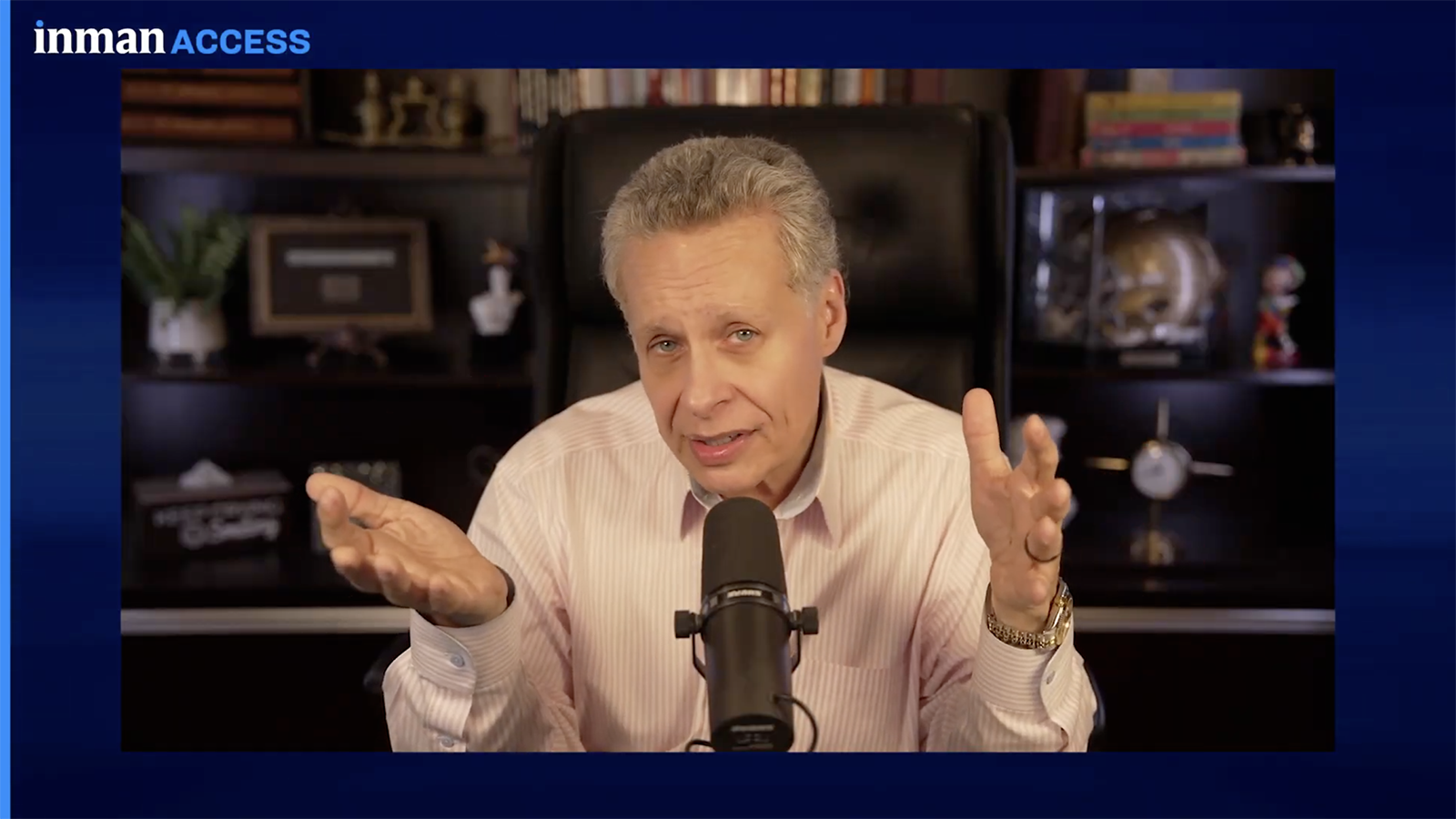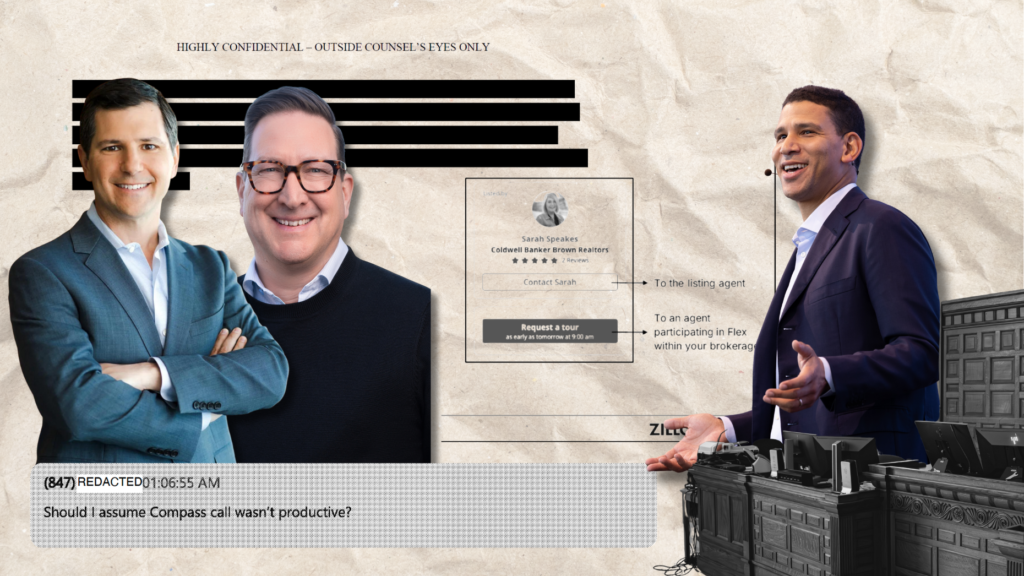
Toronto City Council approved zoning for about a dozen housing projects at its February session — held last week — and of those, three will be rolled out under the new Toronto Builds policy framework.
Toronto Builds, approved in May 2025, consolidates the eligibility criteria and requirements of Housing Now, ModernTO, and the parking-to-homes and public developer initiatives. A CreateTO progress update from July identified 36 sites that will be developed under the unified framework, including the three that have just been green-lit by Council.
Here’s what we know so far about those three projects, slated for 9 Shortt Street, 1631 Queen Street East, and 405 Sherbourne Street. Collectively, the projects are estimated to bring 1,087 new housing units to the City, including affordable housing units that will remain affordable for at least 40 years.
9 Shortt Street
 Rendering of 9 Shortt Street/CreateTO, Montgomery Sisam
Rendering of 9 Shortt Street/CreateTO, Montgomery Sisam
The Toronto Builds report that went to City Council in May 2025 identified 9 Shortt Street as one of 34 projects to be developed under the framework. The parcel in Toronto’s Fairbank community is currently being used as a Green P parking lot.
Redevelopment plans for 9 Shortt were submitted to the City a few months later, in August, and those call for 41- and six-storey rental buildings with 458 market and affordable units across both. Around 46% of the units planned would be larger, family-sized units (two- and three-bedrooms).
In addition, the plans describe a new Privately Owned Publicly Accessible Open (POPS) space, and renderings show the vibrant mid-block connection offering seating areas, plantings, and public art.
1631 Queen Street East
 Rendering of 1631 Queen Street/CreateTO, SVN Architects & Planners, Two Row Architect
Rendering of 1631 Queen Street/CreateTO, SVN Architects & Planners, Two Row Architect
1631 Queen Street East in the Upper Beaches was one of six sites recommended for the second phase of the Housing Now initiative in May of 2020, and today, the development parcel has been expanded to include 1641 Queen Street East, 1090 Eastern Avenue, and a portion of 1080 Eastern Avenue.
The site is proposed to accommodate a six-storey mid-rise on Queen Street East with a partial amenity floor on the seventh story, and an 18-storey residential building along Eastern Avenue. The latter would include 328 rental homes, including a 47% share of larger, family-sized units and a 20-30% proportion of affordable rental units. In addition, the application describes plans to expand the Coxwell Early Learning and Child Care Centre, which is City-owned.
The plans retain the Toronto Community Housing Corporation (TCHC) building located at 1080 Eastern Avenue, however, the City is currently reviewing opportunities to integrate it into the development.
405 Sherbourne Street
 Rendering of 405 Sherbourne Street/Toronto Community Housing, Alison Brooks Architects, architectsAlliance
Rendering of 405 Sherbourne Street/Toronto Community Housing, Alison Brooks Architects, architectsAlliance
Alongside 1631 Queen Street East, 405 Sherbourne Street was another one of six properties recommended for the second phase of the Housing Now initiative in 2020. A few years later, the Sherbourne Street site cropped up in a staff report again, this time in relation to the City’s public developer model, adopted by Council in November 2023. The site in Cabbagetown is currently occupied by a Toronto Parking Authority lot, making it prime for intensification.
Redevelopment plans for 405 Sherbourne were submitted to the City in November 2025, and those call for a 35-storey mixed-use building with 301 residential units, including a 61% share of larger, family-sized units and up to 90 affordable housing units. A portion of the development’s ground floor is being reserved for community uses.
More major housing developments approved in February:
- 250 The East Mall (Cloverdale Mall) — 15 buildings ranging from six to 41 storeys and 5,536 residential units.
- 829 The Queensway — 15-storey mixed-use building with 332 residential units.
- 1212-1238 Kingston Road — 10-storey mixed-use building with 200 residential units.
- 409 Huron Street — 11-storey residential building with 136 units, including 40 replacement rentals.
- 808 Mount Pleasant Road and 247-251 Roehampton Avenue — 61-storey mixed-use building with 889 residential units.
- 146-150 Vaughan Road — 17-storey rental building with 110 units.
- 5 Huntley Street and 2-8 Earl Street and a portion of 10 Earl Street — 63-storey residential building with 709 units.
- 494-526 Richmond Street East and 156-162 Parliament Street — 45- and 12-storey mixed-use buildings with 718 residential units.
- 353-355 Sherbourne Street and 157 Carlton Street — 48-storey mixed-use building with 440 residential units.


